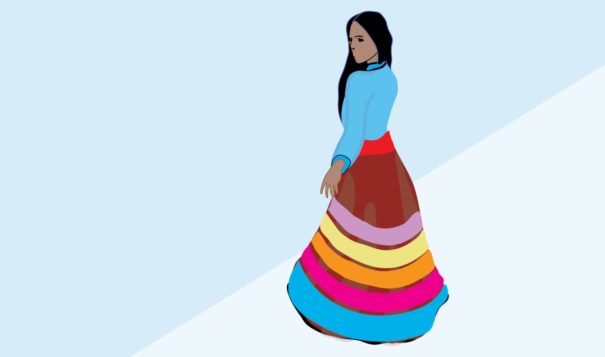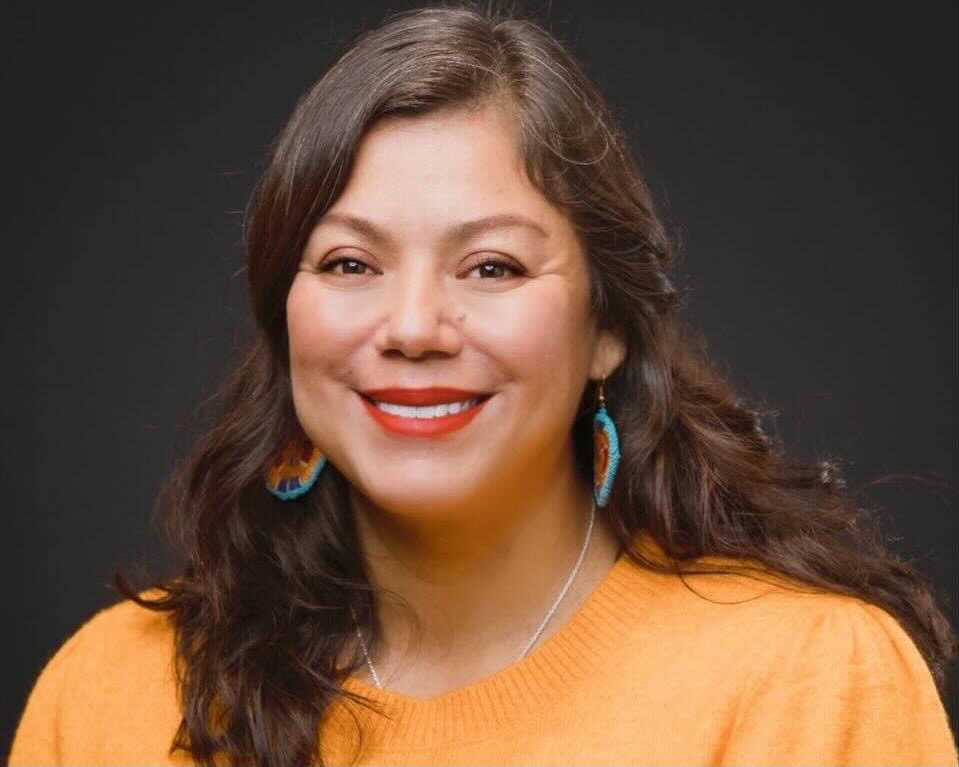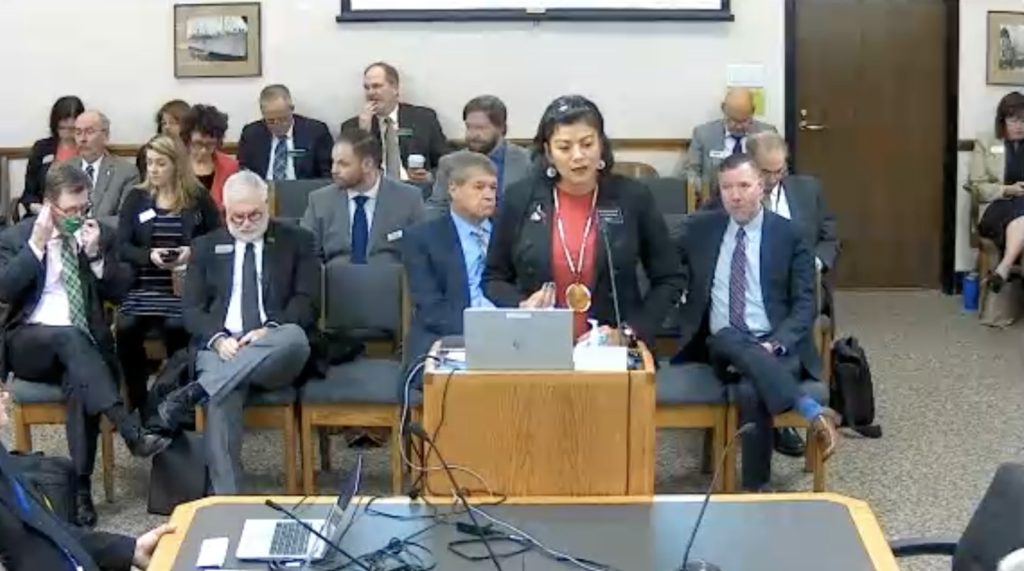News Based on facts, either observed and verified directly by the reporter, or reported and verified from knowledgeable sources.
North Dakota Legislature approves funding for missing person database
 Graphic/ Urban Indian Health Institute
Graphic/ Urban Indian Health Institute
Two years after lawmakers passed a bill to create a missing person database, the North Dakota Senate Appropriations Committee acted on Thursday to approve funding for it. The database will be used to assist law enforcement agencies.
North Dakota Attorney General Wayne Stenehjem told the appropriations committee earlier in the week that a previous request of $75,000 wasn’t enough. “We supported this in 2019,” he said. “If you fund it, fund it at $300,000.”
Rep. Ruth Buffalo, D-Fargo, also asked the committee to make a commitment to the issue of missing people. “I’ve visited with many agencies who have shared with me the challenge of not having this database in existence. They have shared with me how beneficial this database would be across the different jurisdictions.”

When introduced during the North Dakota legislative session two years ago, House Bill 1313 was specifically intended to track Missing and Murdered Indigenous Women and Girls, a continental moniker known as MMIWG. “Though awareness of the crisis is growing, data on the realities of this violence is scarce,” according to a report by the Urban Indian Health Institute.
In 2016, more than 5,712 American Indian and Alaska Native women were reported missing, according to the National Crime Information Center. At the same time, only 116 of those women were logged into NamUs, the Department of Justice’s federal missing person’s database.
Buffalo was among 12 state legislators who introduced the bill in 2019. (Disclosure: Buffalo is a board member of the Indigenous Media Freedom Alliance, publisher of Buffalo’s Fire). The bill was later expanded to track all missing people in North Dakota. The appropriations committee, on Thursday, approved $300,000 for the state-driven missing person database. The North Dakota House and Senate chambers also approved paying for the database.

A lack of data has made it difficult to find people, an issue that resonates with law enforcement across the state, region, Canada and the country. Stenehjem told the committee that the database could be used by all law enforcement partners.
“I am pleased with my colleagues in the North Dakota State Legislature for making a tangible commitment to the issue of missing people,” said Buffalo after the appropriations measure was passed. “As the database is implemented, we cannot forget to partner with our Tribal Nations throughout this process.”
Jodi Rave serves as the executive director of the Indigenous Media Freedom Alliance. Jodi is a 2021-2022 John S. Knight Community Impact Fellow at Stanford. She is also a 2021 Bush Fellow, selected for leadership.
